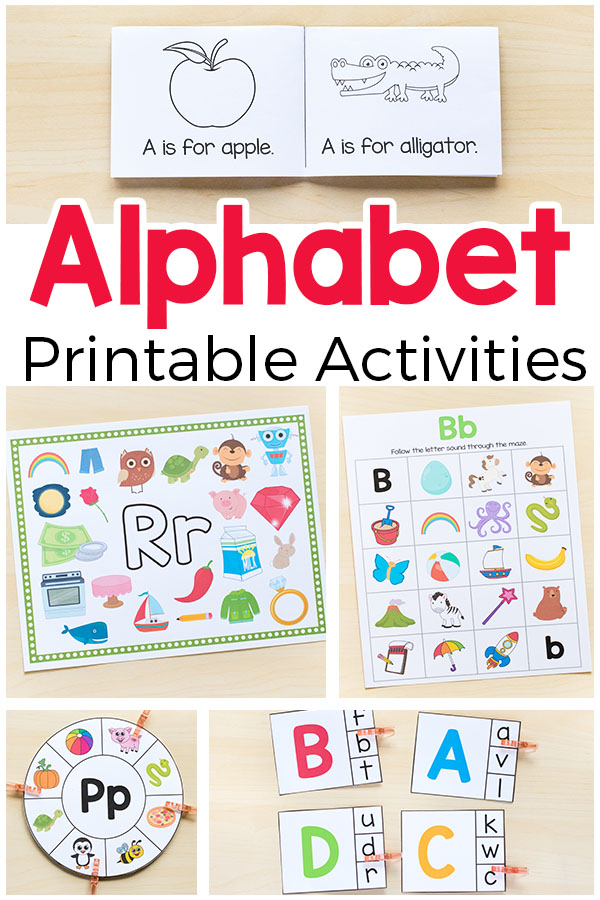In today’s fast-paced world, the ability to comprehend and critically analyze texts is not just a skill but a necessity. Educators and academic librarians are continually seeking effective approaches to nurture this essential competency. Here’s an exploration of effective strategies for teaching critical reading skills that can elevate your teaching methods and empower your students. 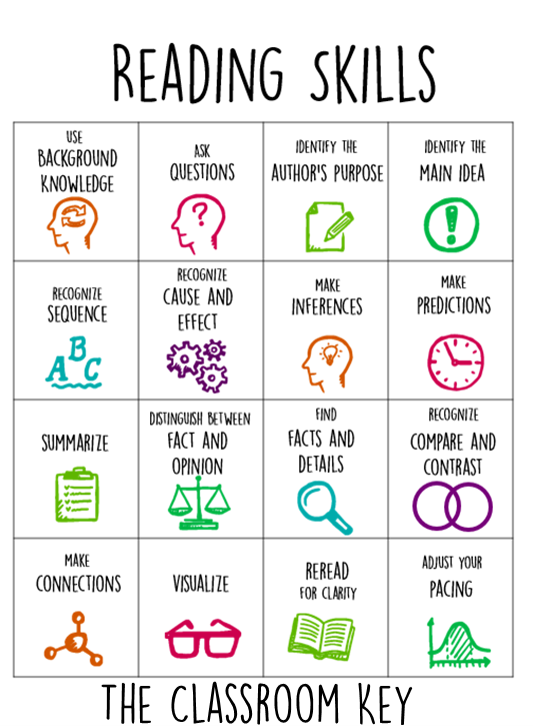
Understanding Critical Reading Skills
Critical reading is a foundational skill that enhances students’ engagement with texts, allowing them to assess and interact with content at a deeper level. By grasping critical reading strategies, students can analyze arguments, identify biases, and synthesize information more effectively, equipping them with the tools to navigate complex texts across various subjects.
The Significance of Critical Reading Skills
When students master critical reading, they gain the prowess to critically evaluate the information they encounter daily. This skill extends beyond academic settings, resonating in real-life contexts where discernment and analytical thinking are vital. A strong command of these skills empowers learners to question assumptions, dissect media messages, and form their viewpoints on pressing issues.
Optimal Settings for Critical Reading Skills
Integrating critical reading strategies can occur in diverse environments, from the classroom to library workshops. An ideal setting would be during dedicated literacy sessions or relevant subject discussions, emphasizing the relevance of texts to real-world scenarios. Practicing these strategies during collaborative activities fosters an interactive learning atmosphere and encourages peer feedback.
Advantages of Critical Reading Skills
Enhancing students’ critical reading skills supports their overall academic development and lifelong learning journey. As they refine their analytical skills, they not only excel in reading comprehension tasks but also perform better in written assignments, presentations, and discussions. This proficiency ultimately cultivates independent thinkers who actively participate in their education.
Frequently Asked Questions
1. What are some effective strategies for teaching critical reading?
Effective strategies include modeling critical thinking, using graphic organizers, promoting discussion, and integrating multimedia sources that present varying viewpoints.
2. How can parents support critical reading skills at home?
Parents can encourage critical reading at home by discussing books together, asking open-ended questions, and exposing children to diverse literature and media.
3. Is critical reading only relevant to academic texts?
No, critical reading is valuable across various contexts, including news articles, advertisements, and online content, helping individuals navigate information critically.
4. What role do educators play in developing critical reading?
Educators are crucial in modeling effective reading strategies, creating engaging curriculum materials, and fostering a positive environment that encourages critical analysis.
Strategies for Teaching Critical Reading Skills
The target audience for these strategies encompasses educators at all levels, librarians, and parents aiming to enhance children’s reading abilities. Reflecting on my own experience, I recall implementing a critical reading workshop in my classroom. It involved analyzing editorial pieces and discussing biases. The students engaged deeply, sharing their insights and perspectives, which transformed our reading sessions into lively discussions. The exchange of ideas not only fostered critical analysis but also built confidence in articulating viewpoints. 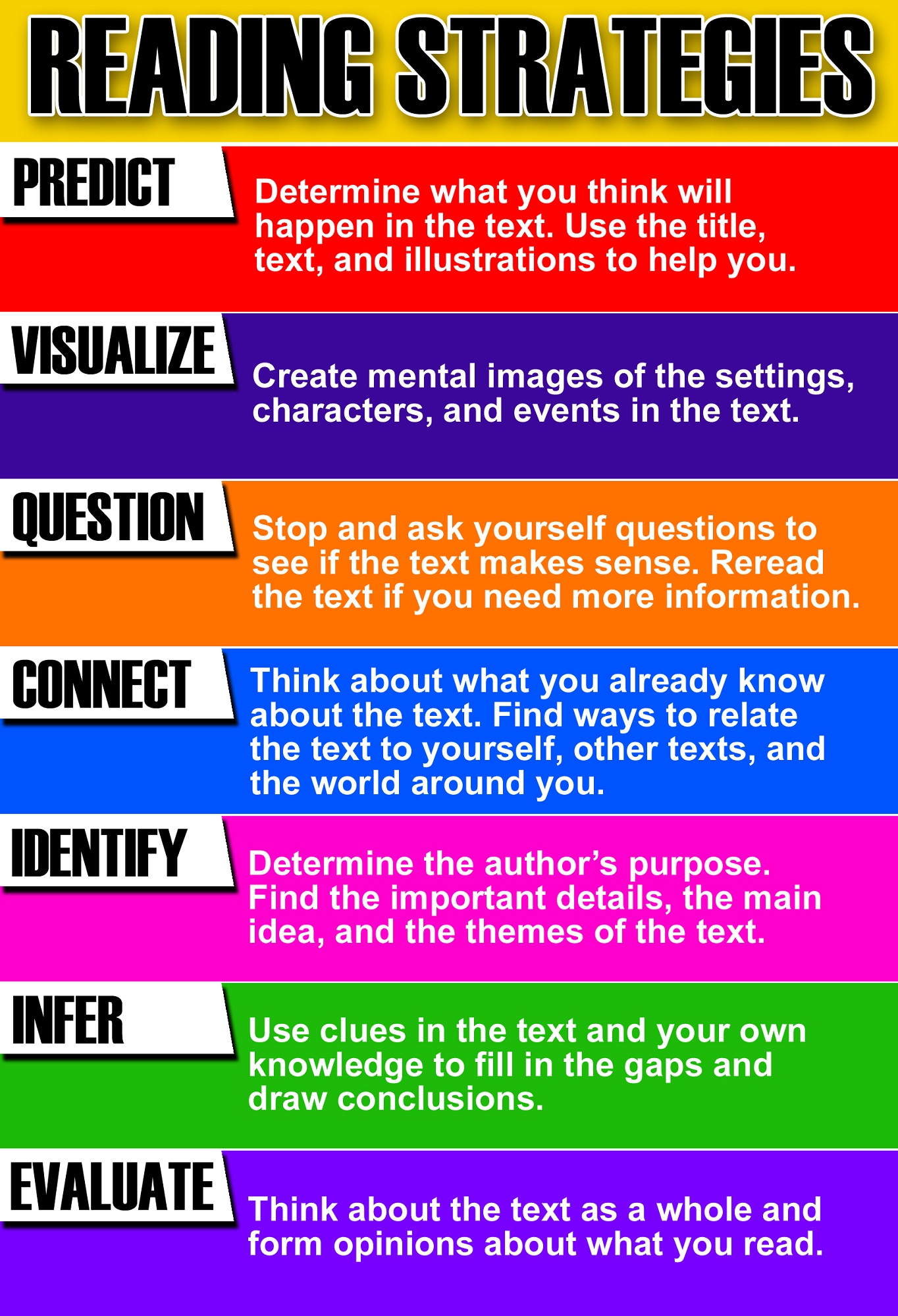
Wrapping Up on Critical Reading Skills
As we explore various methods for nurturing critical reading skills, the focus should always remain on empowering learners to become thoughtful, discerning readers. Employing dynamic strategies can profoundly impact not only students’ academic success but also their ability to engage with the world around them. By embedding critical reading into educational frameworks, we pave the way for a generation of informed citizens capable of making sound judgments in their personal and professional lives.
If you are searching about Top 10 Critical Reading Strategies: Practical Guide | English Syllabus Guru you’ve came to the right place. We have 8 Pictures about Top 10 Critical Reading Strategies: Practical Guide | English Syllabus Guru like 8th Grade Reading Strategies, Teaching in General: Teaching Methods Of Reading and also 7th Grade Reading Strategies. Here it is:
Top 10 Critical Reading Strategies: Practical Guide | English Syllabus Guru
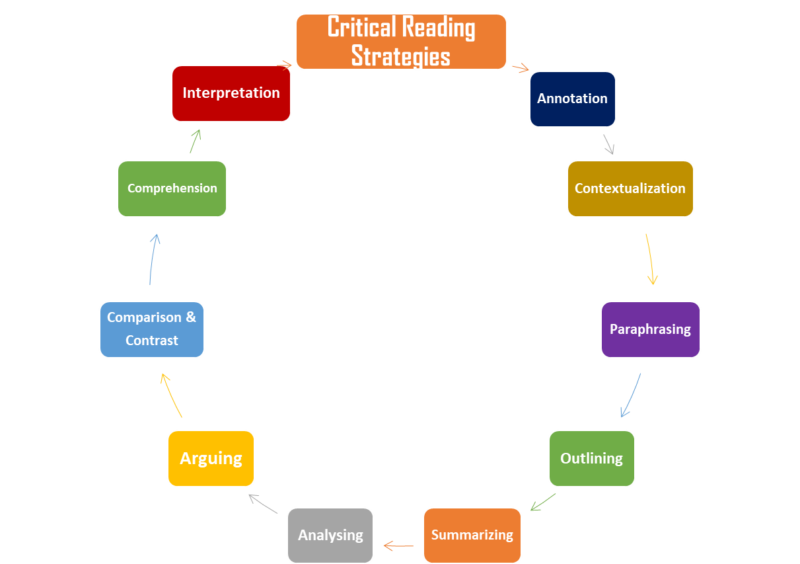
englishsyllabus.com
Teaching In General: Teaching Methods Of Reading

teachingingeneral.blogspot.com
Reading & Writing Center – Reading Strategies
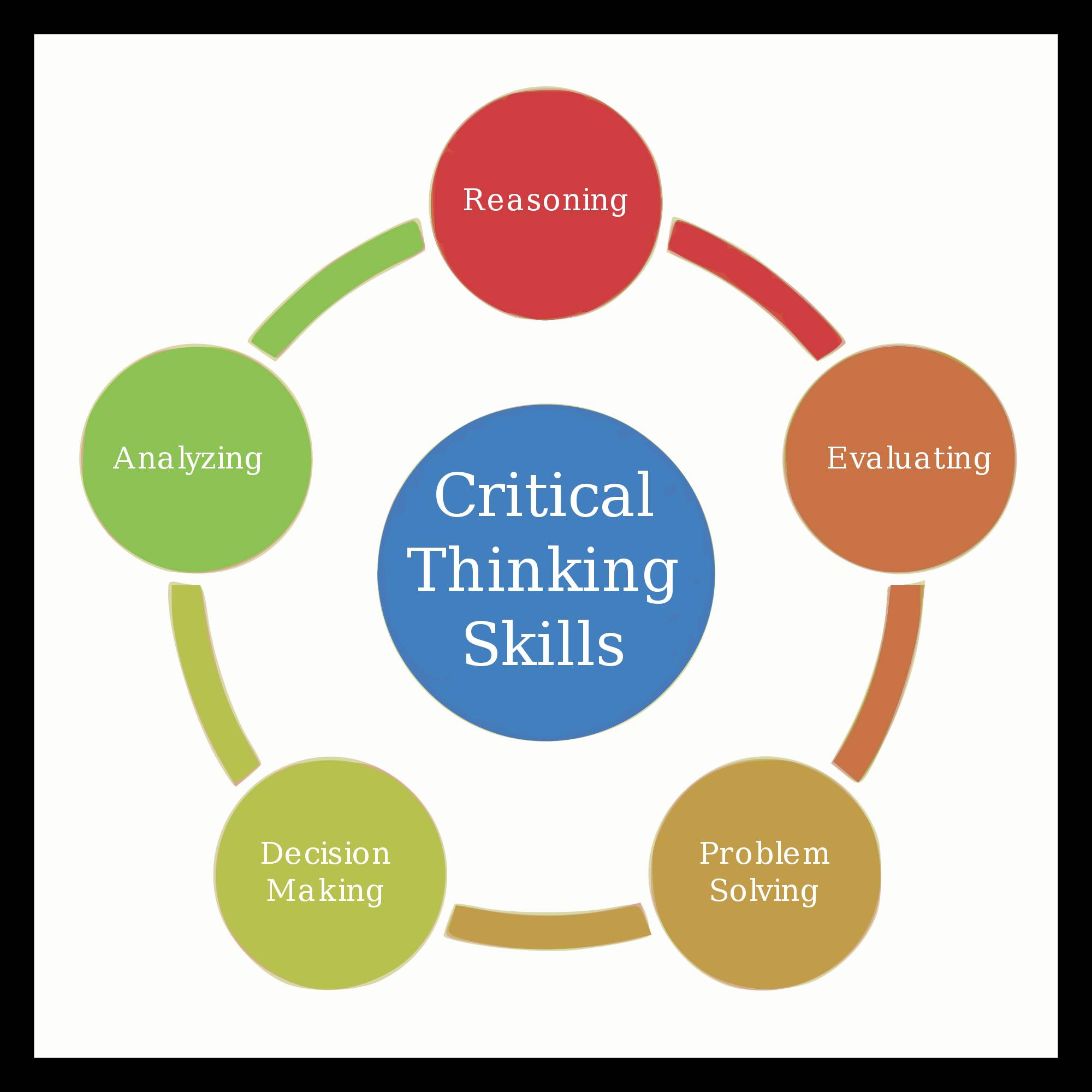
www.laspositascollege.edu
7th Grade Reading Strategies
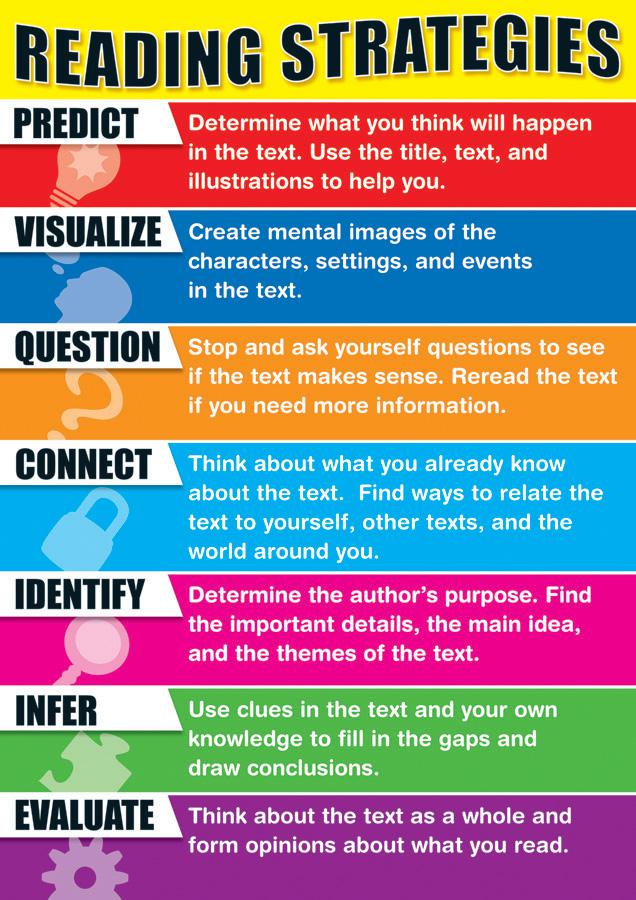
learningfullfubbing.z5.web.core.windows.net
8th Grade Reading Strategies

printablezoneangie.z13.web.core.windows.net
Teaching Critical Reading Skills: Strategies For Academic Librarians (2
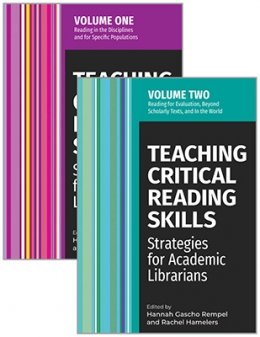
www.alastore.ala.org
Teaching Critical Reading Skills: Strategies For Academic Librarians

acrl.ala.org
Critical Reading Strategies. | Download Scientific Diagram
www.researchgate.net
Critical reading strategies.. Top 10 critical reading strategies: practical guide. 7th grade reading strategies
